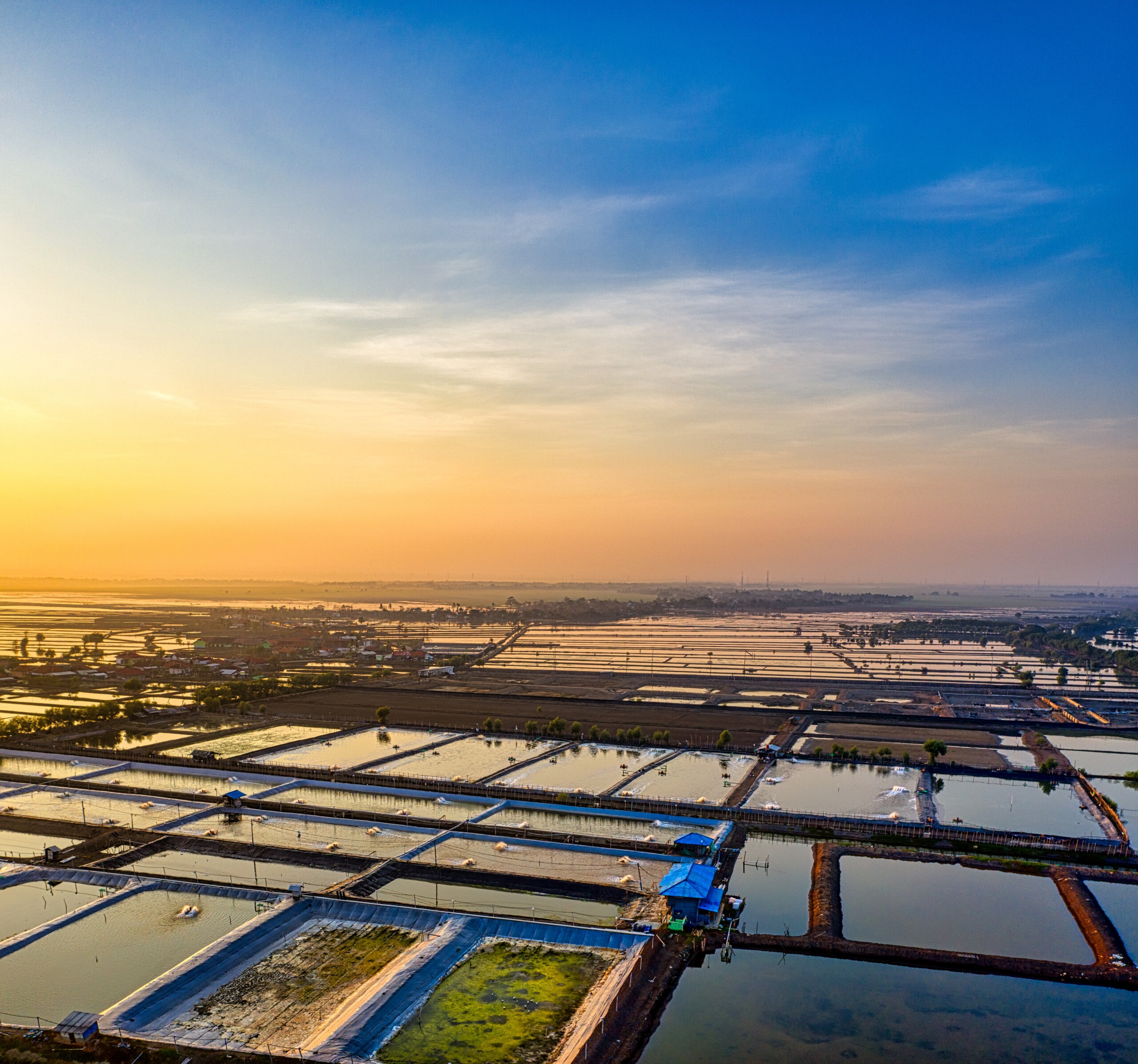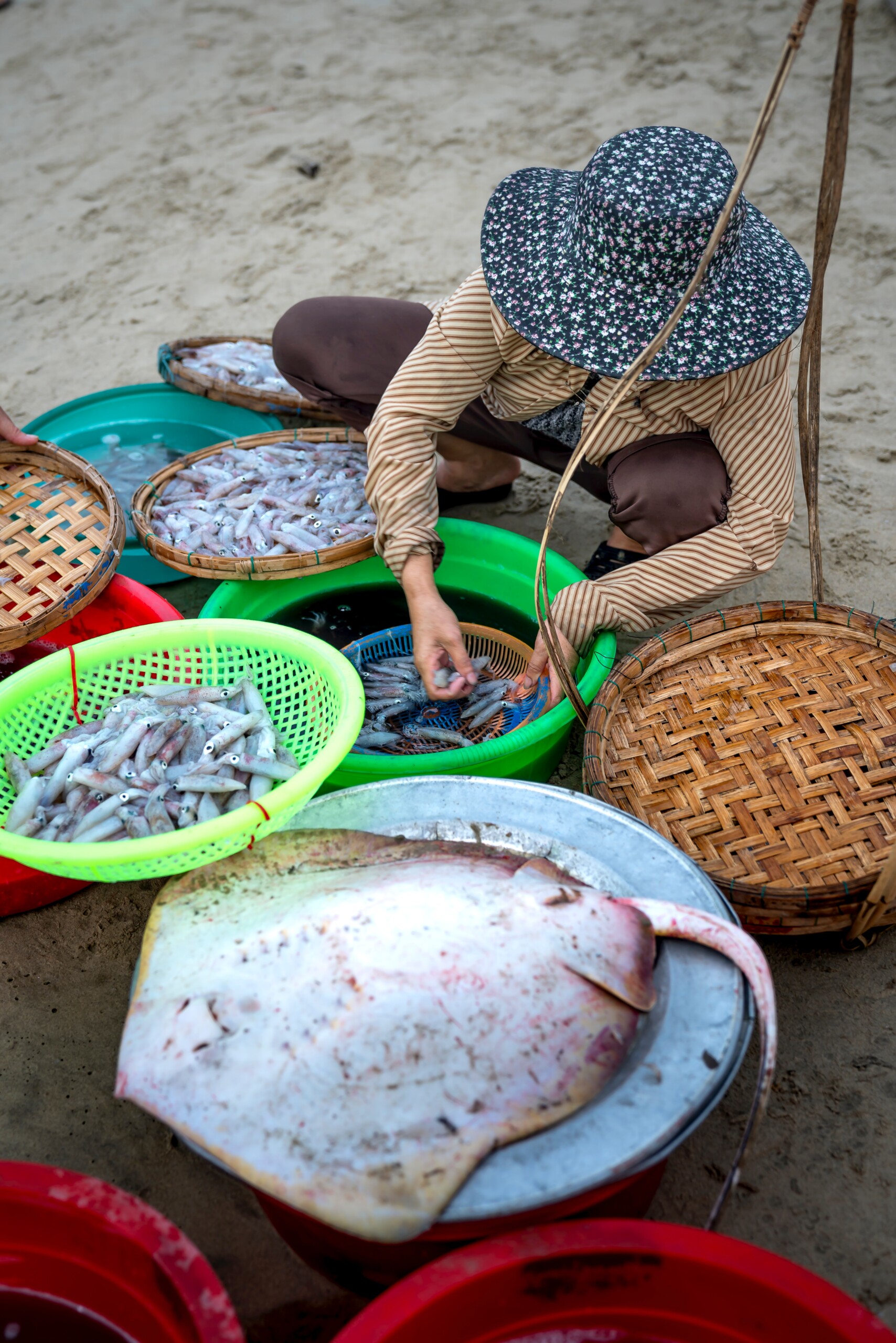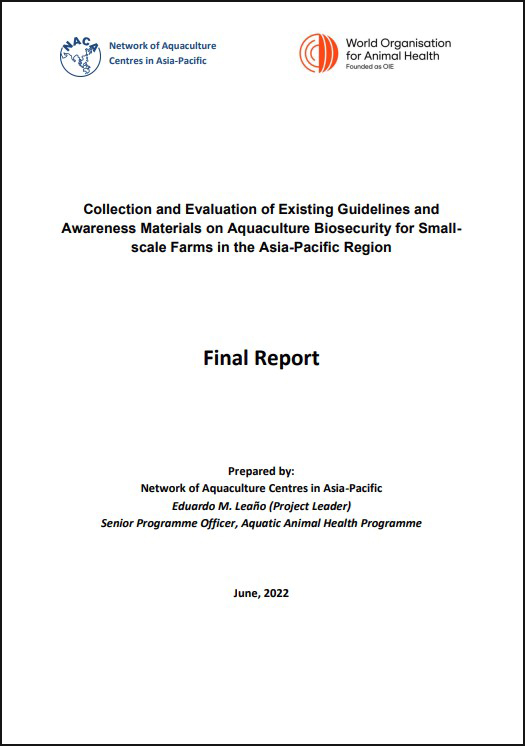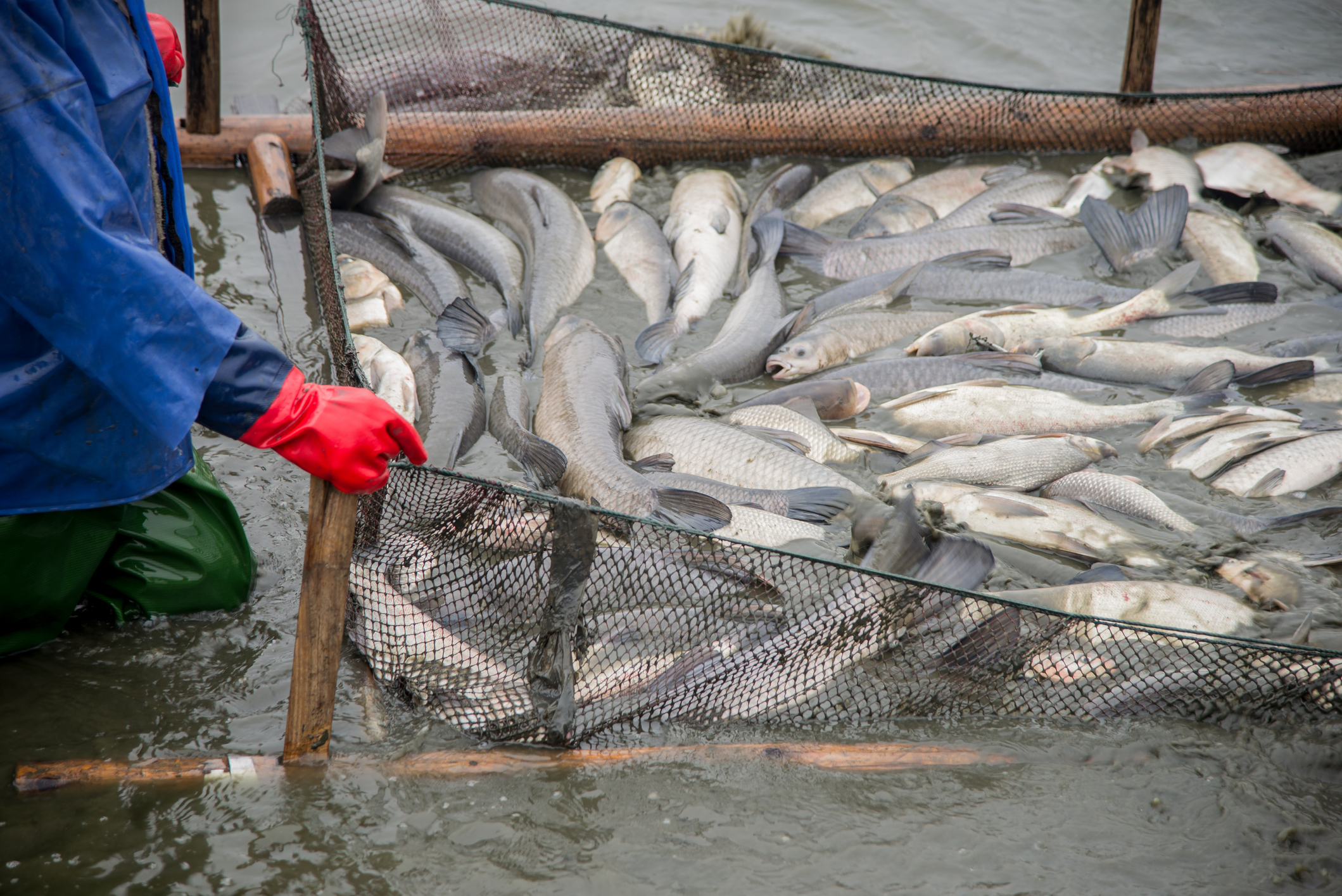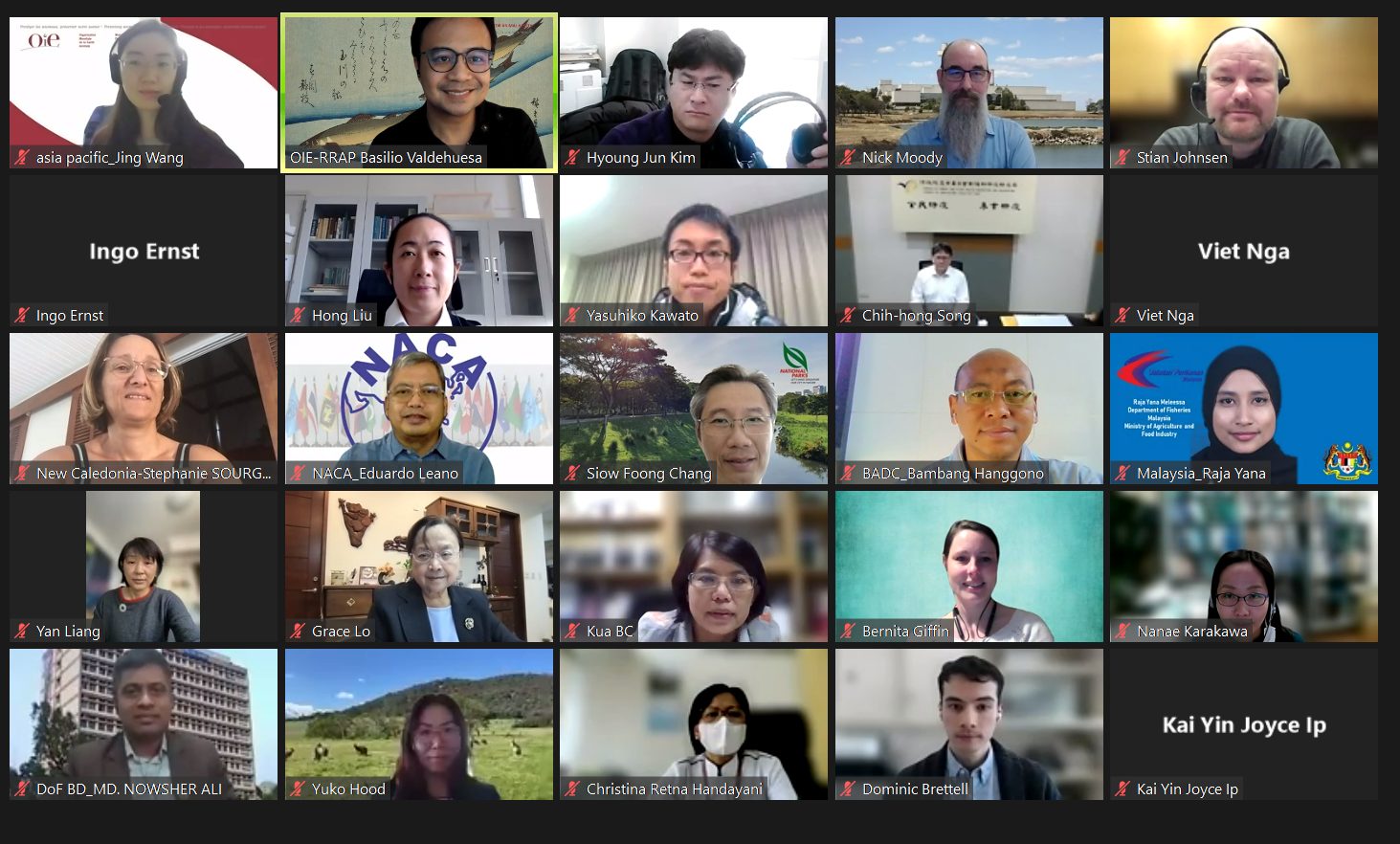
31 Oct 2022 (Japan) – Aquaculture remains an important sector in the Asia-Pacific region, with most farms operating on a small-scale. The World Organisation for Animal Health (WOAH, founded as OIE) plays a role in the international setting of the Aquatic Code as a part of the World Trade Organisation’s (WTO) legal framework for aquatic trade. Compliance with the Code can be a challenge, typically requiring well-established national strategies which are not always in place or are only in development in parts of the region. Nevertheless, it is a crucial and important aspect of sound animal health policy and practice: with the increasing globalisation of aquaculture and trade, the risk of disease introduction is ever higher, threatening the viability of fish farms and the livelihoods of people in the region.
A collaborative report from WOAH and the Network of Aquaculture Centres in Asia-Pacific (NACA), has been published regarding the collection and evaluation of existing guidelines and awareness materials on aquaculture biosecurity of small-scale farms in the Asia-Pacific region. This report assesses the materials and information available to farmers in mitigating the increasing risk and incidence of disease transmission and spread in the region.
from this report were that most countries did not have a singular specific regulation that addressed aquaculture biosecurity...
The objectives of this report were to:
The main findings from this report were that most countries did not have a singular specific regulation that addressed aquaculture biosecurity, but rather, had biosecurity measures that were included in various other national regulations addressing disease prevention and control, best management practices and strategies on animal health and the environment, transboundary movement of live animals, and emergency response measures. Commodity and farm-level-specific regulations were also available in most countries.
In the report, WOAH recommends aquaculture biosecurity measures applicable to small-scale farms in the following categories:
It is also recommended by WOAH to provide farm-level awareness materials in local languages to farmers on the following topics including, but not limited to: fish and shrimp diseases for disease identification, good aquaculture practices, management and biosecurity measures, and contacts of local compliance auditors (CA).
The report also included case studies from Thailand and Australia on assessing the implementation of farm-level biosecurity measures using a simple survey in the Thai language, and a computer assisted telephone interview (CATI) survey on awareness, understanding, and attitudes towards biosecurity.
Aquaculture biosecurity is of increasing importance, with higher incidences of emerging and existing aquatic animal disease transboundary spread. This report is a contribution to the growing body of information on aquaculture biosecurity in the region, identifies gaps and challenges subjects face in implementation, and assists Members and other stakeholders understand available resources to further improve regulation, awareness materials, and technical guidelines.
